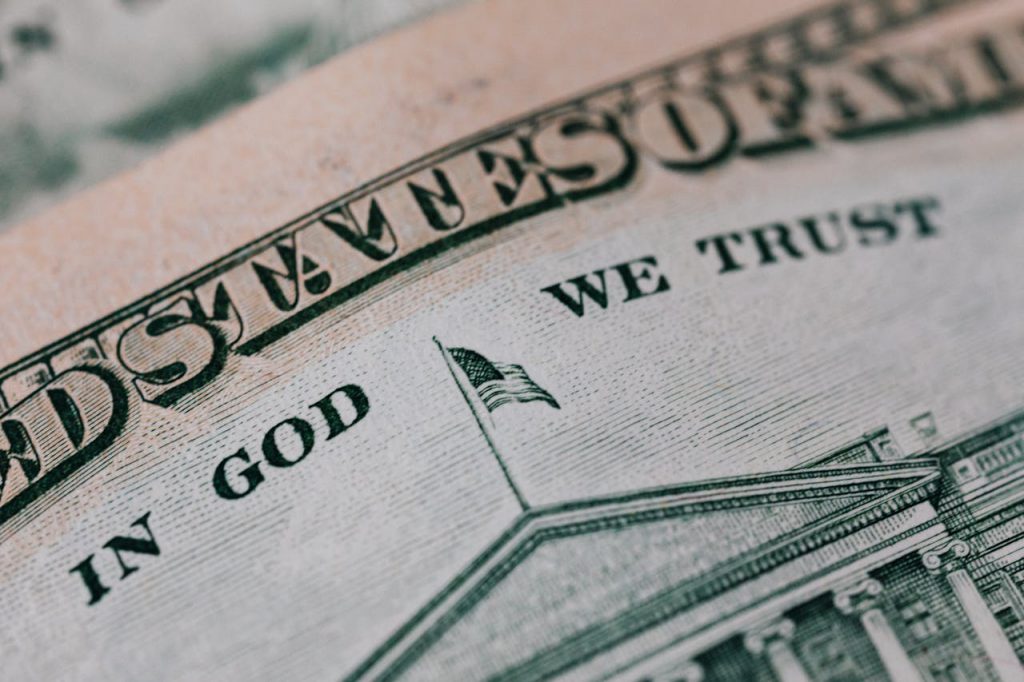The history of Currency Exchanges and Helping the Unbanked
From the start, community involvement has been a core value at longtime currency exchanges such as CCEA, which supports youth sports, neighborhood groups and public safety efforts. While they are not all the same, local businesses like CCEA cash your checks and offer a wide range of other money services, while also leading fundraising drives to support causes like disaster relief, college scholarship initiatives, and school supply programs for kids in need.
It’s enough to make our customers ask: Where did it all begin?
When Did Currency Exchanges Open in Illinois?
Like the trading posts or yore, people have always sought convenient ways to trade goods and manage basic money needs. While there were always informal alternatives to exchanging currency, more formal ones officially took root in Illinois beginning in 1937 with the goal of helping local residents manage everyday financial tasks. They originally focused on check cashing at a time when there were a lot fewer options than there are today.
They also provided services for those wanting a reliable way to exchange one type of currency for another no matter where they were. Most of all, they provided accurate exchange rates for anyone traveling to another country.
When Did They Become Commonplace in the U.S.?
These handy neighborhood businesses became more widespread across the United States in the mid-20th century, largely in response to the growing demand for accessible financial services among working-class and underbanked communities. But there were a few other benefits, including the desire people had to see a familiar face at a business down the street, that wouldn’t have the financial barriers that traditional banks may have.
Fun Facts about Original Currency Exchange Uses
- Post-World War II era (1940s–1950s): Currency exchanges began to gain traction nationally, especially in urban areas.
- 1960s–1980s: Their presence expanded significantly as more people sought alternatives to traditional banks.
Financial Services for the Unbanked
There has always been a significant portion of the population that was unable to have a traditional bank account, whether due to unpredictable pay, personal privacy issues, or simply a lack of sufficient funding. That same need continues to this day.
- Limited access to banking: Individuals in low-income neighborhoods in particular lacked access to bank accounts – and still often do – due to economic barriers, mistrust of banks, or restrictive banking policies.
- Convenience and flexibility: Currency exchanges then and now offered extended hours, lower barriers to entry, and quicker service for basic money needs like check cashing and money orders.
- Rapid urbanization: As cities grew, the need for quick, localized financial services only grew.
Are They Still Popular Today & How Are They Different?
These exchanges have evolved to provide a wide variety of services, including money orders, bill payments, and domestic as well as international wire transfers through established companies like Western Union (which also has a tradition in the U.S. dating back to the 1800s).
As for us, CCEA locations have since expanded to over 350 centers. By 2010 currency exchanges were processing more than 25 million checks and 20 million money orders each year in the Land of Lincoln alone, according to Surety Bond Insider, continuing their longstanding mission to support communities across Illinois.
Can You Trust Currency Exchanges?
Absolutely! Today’s currency exchanges are highly regulated, making them one of the most trustworthy personal finances management services around.
- State-level regulation and licensing: Currency exchanges must operate under state regulations, and their growth was often supported by state legislatures that recognized the need for these services.
- Entrepreneurship and franchising: Many currency exchanges started as small, independently owned businesses. Over time, some grew into networks or franchises, allowing for wider reach and more standardized services.
Why Use CCEA’s Personal Finance Services Today?
The many CCEA Currency Exchange locations throughout Illinois make it super convenient for people to access a full suite of vehicle-related services, as well, when you need an updated license plate, title transfer, or registration sticker. In recent years, we’ve added additional modern conveniences like:
- ATMs
- Prepaid debit and gift cards
- And online bill payment
Manage Your Money with Illinois’ Reliable CCEA Currency Exchanges
Currency exchanges still play a key role in providing financial access to millions of Americans.
Today, local CCEA storefronts continue in the tradition of those first neighborhood locations. We have evolved along with the rest of the finance industry, using technology, mobile banking, and digital features to make our services more useful for our customers.
You don’t know all the things you can get done under one roof until you’ve been to our website or checked out your local CCEA in person. Swing by and take advantage of our services today!

With over 350 locations, many open nights, weekends, and holidays (and several stores with 24/7 availability), you can rest easy knowing your financial needs can be taken care of when you need them most. We’re in the heart of every community. Don’t believe us? See for yourself.